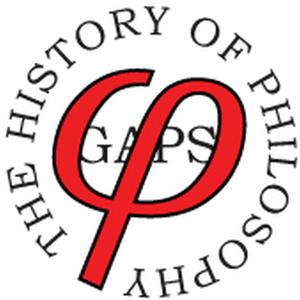
History of Philosophy Without Any Gaps
Peter Adamson
Don't miss the sister podcast, the History of Indian and Africana Philosophy.
- 43 minutes 4 secondsHoP 461 - Eileen Reeves on Galileo and the Telescope
We finish our look at philosophy in the Reformation era with an interview about Galileo's use of a revolutionary technology: the telescope.
19 January 2025, 7:11 am - 18 minutes 59 secondsHoP 460 - Trial and Error - Galileo and the Inquisition
The philosophical issues at the heart of the notorious condemnation of Galileo and Copernican astronomy.
5 January 2025, 4:00 am - 19 minutes 36 secondsHoP 459 - Cardinal Rule - Robert Bellarmine
Though most famous for his role in persecuting Galileo, Robert Bellarmine was a central figure of the Counter-Reformation, especially in his political thought.
22 December 2024, 4:00 am - 22 minutes 15 secondsHoP 458 - Outsider Philosophy - The Cheese and the Worms
Carlo Ginzburg’s innovative historical study The Cheese and the Worms looks at the ideas of an obscure 16th century miller, suggesting how popular culture might be integrated into the history of philosophy.
8 December 2024, 4:00 am - 19 minutes 53 secondsHoP 457 - Take Your Medicine - Oliva Sabuco and Camilla Erculiani
Natural philosophy and medicine in the work of two unorthodox thinkers of the late sixteenth century, both of them women.
24 November 2024, 4:00 am - 25 minutes 39 secondsHoP 456 - Touch Me With Your Madness - Cervantes’ Don Quixote
Why do critics consider Don Quixote the first “modern” novel, and what does it tell us about the aesthetics of fiction?
10 November 2024, 4:00 am - 35 minutes 26 secondsHoP 455 - Tom Pink on Francisco Suárez
We're joined by Tom Pink, who tells us about Suárez on ethics, law, religion, and the state.
27 October 2024, 4:04 am - 16 minutes 58 secondsHoP 454 - By Appointment Only - Political Philosophy in the Second Scholastic
Suárez and other Iberian scholastics ask where political power comes from and under what circumstances it is exercised legitimately.
13 October 2024, 4:00 am - 17 minutes 50 secondsHoP 453 - The Price is Right - Law and Economics in the Second Scholastic
Vitoria, Molina, Suárez and others develop the idea of natural law, exploring its relevance for topics including international law, slavery, and the ethics of economic exchange.
29 September 2024, 4:00 am - 18 minutes 6 secondsHoP 452 - Better Than Nothing - Metaphysics in the Second Scholastic
Did the metaphysics of Francisco Suárez mark a shift from traditional scholasticism to early modern philosophy?
15 September 2024, 4:00 am - 20 minutes 44 secondsHoP 451 - Could’ve, Would’ve, Should’ve - Free Will in the Second Scholastic
What was Luis de Molina trying to say about human free will with his doctrine of “middle knowledge,” and why did it provoke such controversy?
1 September 2024, 4:00 am - More Episodes? Get the App
Your feedback is valuable to us. Should you encounter any bugs, glitches, lack of functionality or other problems, please email us on [email protected] or join Moon.FM Telegram Group where you can talk directly to the dev team who are happy to answer any queries.
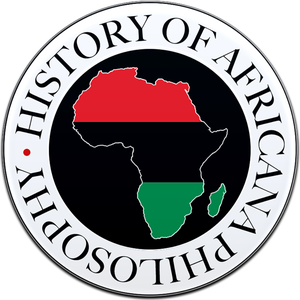 History of Indian and Africana Philosophy
History of Indian and Africana Philosophy
 Philosophy For Our Times
Philosophy For Our Times
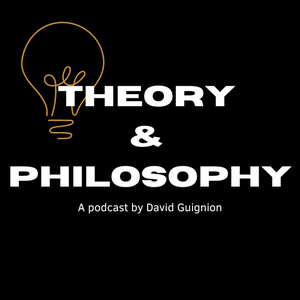 Theory & Philosophy
Theory & Philosophy
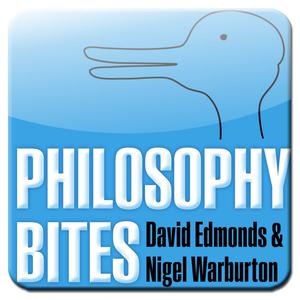 Philosophy Bites
Philosophy Bites
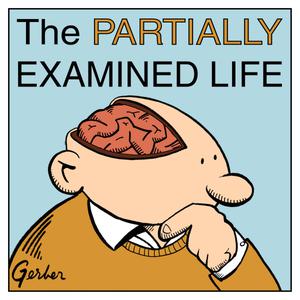 The Partially Examined Life Philosophy Podcast
The Partially Examined Life Philosophy Podcast
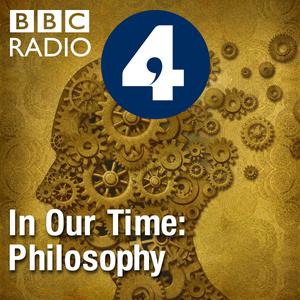 In Our Time: Philosophy
In Our Time: Philosophy